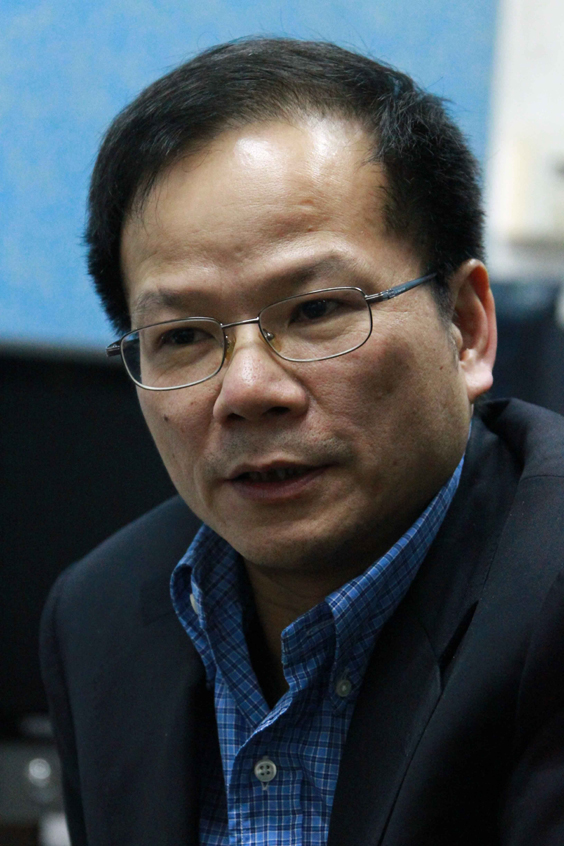
Speaker: Sheng-Cai Lin
School of Life Sciences, Xiamen University
Topic:Mechanisms for the Control of Metabolic Homeostasis
Abstract:
Cells possess remarkable proteins that can sense the availability of nutrients and energy levels. Autophagy represents a key catabolic process that can recycle cellular components to sustain energy levels for survival under nutrient-poor conditions or growth factor deprivation. We previously delineated a pathway, in which glycogen synthase kinase 3 (GSK3) in cells deprived of growth factors, phosphorylates and activates the acetyltransferase TIP60, which in turn stimulates the protein kinase ULK1 to elicit autophagy. AMPK (AMP-activated protein kinase) plays a central role in maintaining cellular energy homeostasis. When cellular energy levels are low (increased AMP/ATP ratio), AMPK is activated to enhance catabolic activities with concurrent inhibition of anabolic processes such as fatty acid synthesis. In this seminar, I will present our recent discovery of a mechanism by which AMP, as a low energy-charge signal, can autonomously initiate the assembly of an activating complex for AMPK in response to starvation. This work has provided mechanistic insights into how AMP initiates activation of AMPK by LKB1.
Date: 3:00-4:00pm, Oct. 09 (Wednesday)
Venue: B323, Medical School Building
